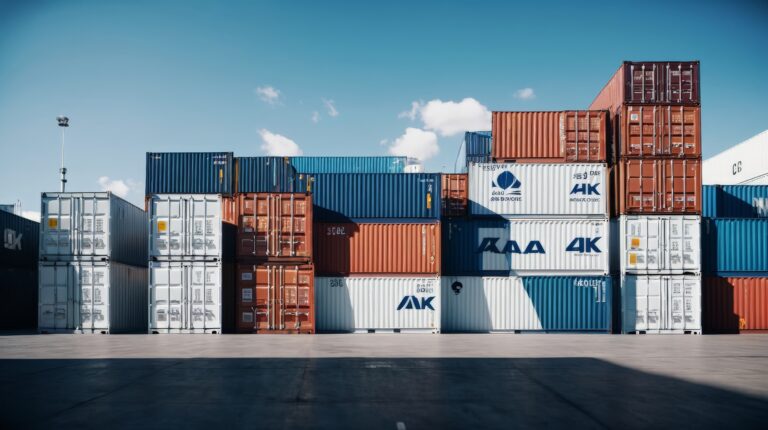In today’s globalized economy, conducting business across borders has become commonplace. However, with the expansion of international commerce comes the challenge of managing debts owed by entities in different countries. The process of international debt collection is a multifaceted and intricate endeavor, often requiring a delicate balance of legal understanding, cultural sensitivity, and strategic negotiation.
The Dynamics of International Debt Collection
International debt collection involves the pursuit of unpaid dues owed by individuals or businesses situated in foreign countries. It spans a wide spectrum, from relatively straightforward commercial debts to more complex cases involving cross-border transactions, differing legal systems, and diverse cultural norms.
Challenges in International Debt Collection
Legal and Regulatory Hurdles
Navigating the legal landscape across multiple jurisdictions is one of the most significant challenges in international debt collection. Each country has its own set of laws, regulations, and legal procedures governing debt collection. Understanding these variances and knowing how to leverage them within the bounds of international law is crucial.
Language and Cultural Differences
Effective communication is vital in debt collection, but language barriers can complicate negotiations. Moreover, cultural nuances and varying business customs play a pivotal role in the approach to debt collection. What might be considered an acceptable collection tactic in one culture could be viewed as offensive or aggressive in another.
Time and Cost Factors
The international debt collection process often demands time and resources. Coordinating with legal representatives, translating documents, and making international calls can escalate costs. Additionally, differences in time zones and business hours can elongate the process.
Strategies for Successful International Debt Collection
Thorough Research and Due Diligence
Before initiating the collection process, conducting comprehensive research on the debtor, including their financial status, business reputation, and legal standing, is essential. Understanding the debtor’s situation helps in devising an effective collection strategy.
Diplomatic Negotiation and Communication
Maintaining professionalism and diplomacy while negotiating debts across borders is critical. Sensitivity to cultural differences, employing interpreters if necessary, and adapting communication styles can significantly impact successful debt recovery.
Utilizing Legal Expertise and International Networks
Engaging legal experts well-versed in international debt collection laws is often indispensable. Leveraging a network of legal professionals or debt collection agencies with global reach can provide invaluable insights and facilitate smoother negotiations.
Persistence and Flexibility
International debt collection can be a prolonged process. Persistence, combined with flexibility in exploring alternative repayment plans or settlement options, can often lead to more favorable outcomes.
Conclusion
The complexities of international debt collection underscore the need for a nuanced and strategic approach. It involves a delicate interplay of legal expertise, cultural understanding, and persistent negotiation. With the right strategies, diligent research, and a respectful approach, successful debt recovery across borders is achievable, albeit challenging.
Ultimately, international debt collection demands a delicate balance between assertiveness and cultural sensitivity, guided by a commitment to ethical practices and a thorough understanding of diverse legal and cultural landscapes.
At Algeria collection services EURL, we have been helping exporters from various countries around the world for over 10 years to recover their outstanding debts, not only in Algeria but also in many other African countries.Don’t hesitate to contact us by email at contact@dzacs.com if you have any questions.




